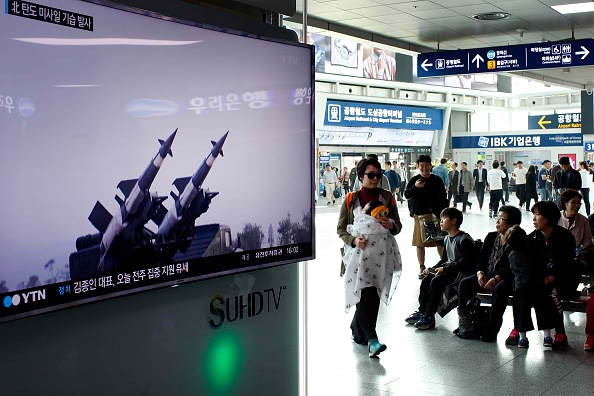Chinese foreign minister Wang Yi commented on South Korea's plans to deploy the U.S. Terminal High Altitude Area Defense (THAAD) system and said that South Korea must consider Beijing's position on the issue.
Yi also expressed concern over the talks between South Korea and the U.S. after the recent visit of new U.S. secretary of defense, retired Marine Corps Gen. James Mattis, and its effect to the China-south Korea ties.
The recent talks were to revive the plans and identify the South Korea THAAD location.
However, China repeatedly asked South Korea to reconsider. In a side meeting at the Munich Security Conference, Wang talked to South Korea's foreign minister, Yun Byung-Se.
Wang said that "one country's security should not be founded on the basis of harming another country's security."
"China understands South Korea's need to protect its own security, and at the same time South Korea should respect China's reasonable position," he added.
The South Korean minister, however, said that the THAAD system is really important to their country's line of defense against North Korea. The socialist country is now at the final stages of nuclear weapons development.
"What we need is multiple layers of defense. THAAD is really relevant," he said. "We don't pose any threat to China."
The national defense secretary of the U.S. tried to get the approval of South Korea in the first Asian trip done by a member of the Trump cabinet. Critics said that the effort was unsuccessful.
Mark Fitzpatrick of the International Institute for Strategic Studies, said, "Mattis sought to lock in the case, but he has little leverage over the political dynamics in Seoul."
"There's nothing to be gained for China to continue to insist that THAAD not is deployed once a decision has been made. If they think the decision is not final, however, then China probably will continue to press its case," he added.



























